Pakistan Railways unveils Karachi-Lahore bullet train plan
Railways Minister Hanif Abbasi described the bullet train project as visionary, cutting travel time from 20 to 5 hours
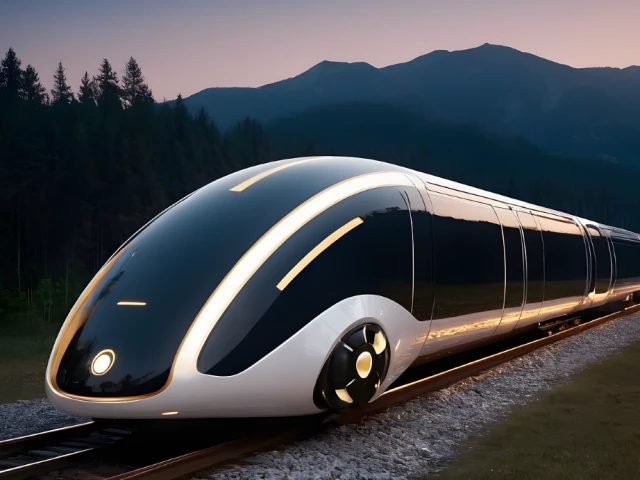
Pakistan Railways has unveiled an ambitious bullet train project between Lahore and Karachi, aiming to slash travel time from nearly 20 hours to just five by 2030.
The project forms a pivotal part of the $6.8 billion ML-1 upgrade under the China-Pakistan Economic Corridor (CPEC). The 1,215-km line is expected to operate at speeds of up to 250 km/h and will include stations in Hyderabad, Multan, and Sahiwal.
“The bullet train project is a visionary plan that will revolutionize travel and commerce between Karachi and Lahore,” Railways Minister Hanif Abbasi said, as reported by Radio Pakistan.
Read: Garbage tax imposed across Punjab
“With Chinese technical backing—including China Railway Construction Corporation—we’re reinforcing the backbone of this nation,” Abbasi said, emphasizing the broader economic benefits. The project will feature double-track lines, reconstructed bridges, and modern signalling systems.
Beyond commuting improvements, the upgrades are expected to create thousands of jobs, boost regional trade, and elevate Pakistan’s rail freight share from 4% to 20% by 2030. Officials estimate that reducing dependence on road transport will save billions in fuel imports.
Earlier this year, Punjab Chief Minister Maryam Nawaz Sharif approved a separate bullet train initiative between Lahore and Rawalpindi, promising a travel time of only 2.5 hours.
The development comes as the Asian Development Bank (ADB) is poised to step in where Chinese funding lagged, agreeing to back a $2 billion upgrade of the 500-km Karachi–Rohri rail corridor.
Also Read: Rain fatalities toll mounts in K-P with 11 more die in DI Khan, Lower Dir
According to sources, this track is key to transporting copper ore from the much-anticipated Reko Diq mine. A consortium led by ADB is expected to formalise the deal later this month, with an international contractor appointed via a competitive bid.
In parallel, Pakistan Railways has launched a sweeping digitisation and automation programme nationwide. Upgrades include installing computerised interlocking systems at major junctions like Landhi and Badal Nala, adopting a digital microwave radio system along the Karachi–Lahore route, and deploying Push-to-Talk digital networks across multiple divisions to boost safety and operational coordination.




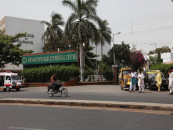

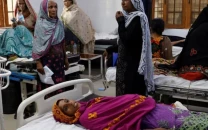






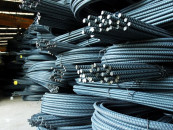

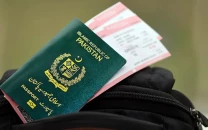






COMMENTS (2)
Comments are moderated and generally will be posted if they are on-topic and not abusive.
For more information, please see our Comments FAQ